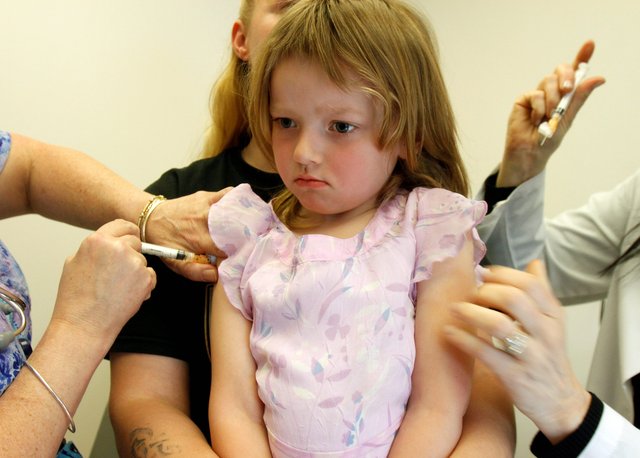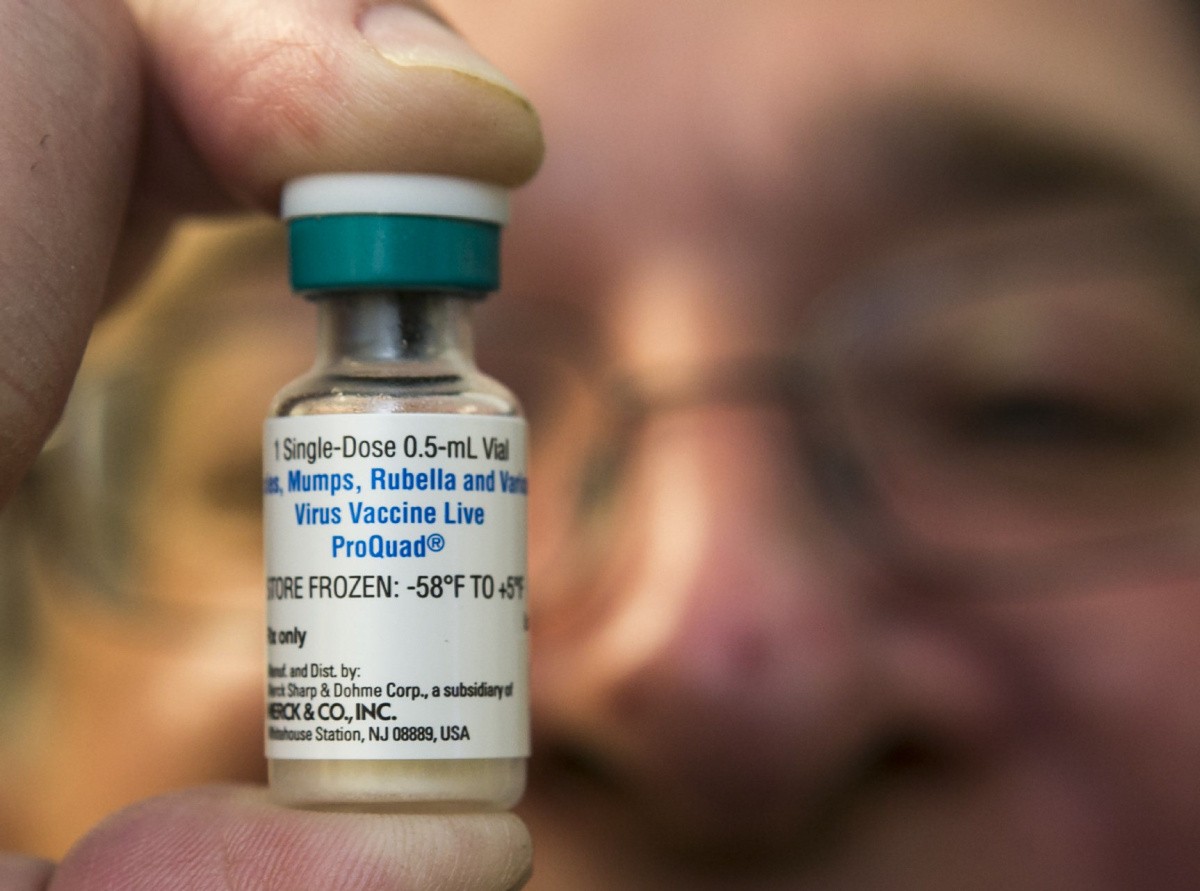
A Vermont law that went into effect on July 1, 2014 allows farmers to deliver raw milk to customers at farmers markets, making it more convenient for busy consumers who can’t always find the time to travel out to the farm. The law does not allow the sales of raw milk at farmers markets; it only allows buyers to pick up the milk they have previously purchased. Furthermore, the law requires that potential customers first make one visit to the farm they’ll be buying from – after the first visit, the customer can purchase from the farm without going in-person.
Due to consumer demand and struggling local economies, some states are easing up on food sales with the introduction of “cottage food laws.” Although they are not without regulation, sometimes even more red tape, they are beginning to allow more food access to slowly trickle back in – especially helpful for “fresh food deserts.”
One such state has a large vocal demand for food freedom – Vermont. The same Vermont that just passed the first state GMO food labeling law.
With farm sales of raw milk legal in Vermont, the next logical step would be availability at farmers markets, right?
Last Saturday at the Capital City Farmers Market, marks the very first time raw milk appeared at a farmers market – at least in the last 60 years or so.
Act 149 took some wherewithal. The legislation passed on July 1 that allows farmers markets to be …
The state already regulates who can sell raw milk, breaking farmers into two tiers, with the second tier reserved for bigger producers. Tier-two farmers, or those who sell up to 280 gallons of raw milk per week, were allowed to sell the milk at their farms or deliver to the customer’s home, before the recent law expanding delivery to farmers markets.
Frank Huard, a goat farmer from Craftsbury Common, was the first at the farmers market in Montpelier to take advantage of the new law. The Huard Family Farm has won the state’s highest quality milk award for its goat’s milk from the Vermont Dairy Industry Association in 2009, 2011 and 2013.
Huard believes it is good for expanding into greater markets and convenient if both the farmer and customer will be at the same place anyway. However, he points out an added and perhaps unnecessary major inconvenience of the ruling – consumers having to visit the farm at least once.
With him being an hour away from the market, what if a farmers market patron lives away from the market in the opposite direction? They need to lose hours of drive time out of a busy schedule to stay for how long – 15 minutes? Huard had been hoping to expand his market beyond his farm. He calls it baby steps for raw milk access. Baby steps for his growing career as a goat farmer after leaving the concrete industry during the Recession in 2008.
While Rural Vermont believes the current rules around classes are not perfect, we do think that it is an important step in the right direction in the sense that it legitimizes the rights of individuals to teach people how to make dairy products for their own consumption and represents an important step toward growing Vermont’s vibrant local agricultural system.
Please Read this Article at NaturalBlaze.com





Leave a Reply